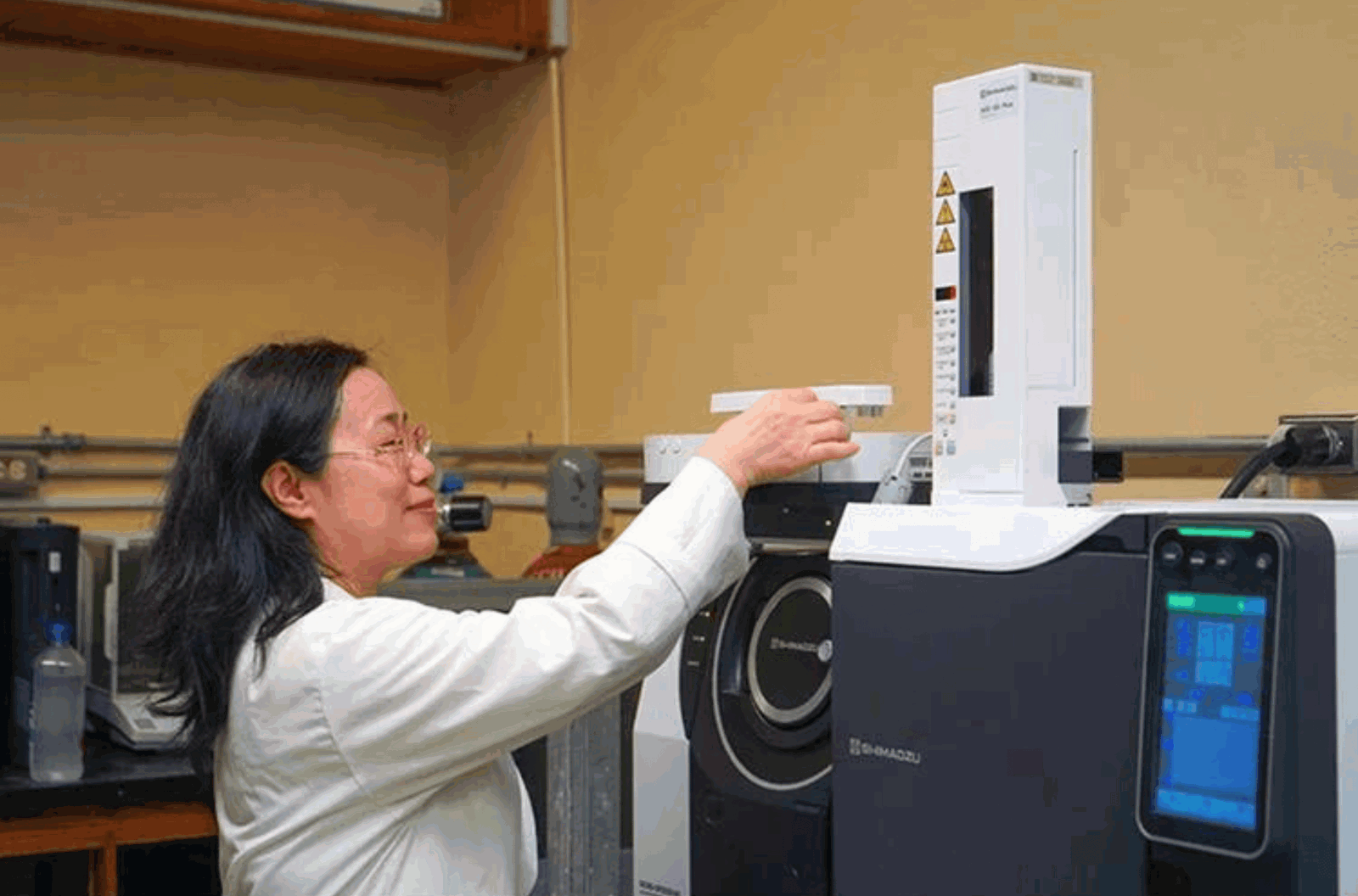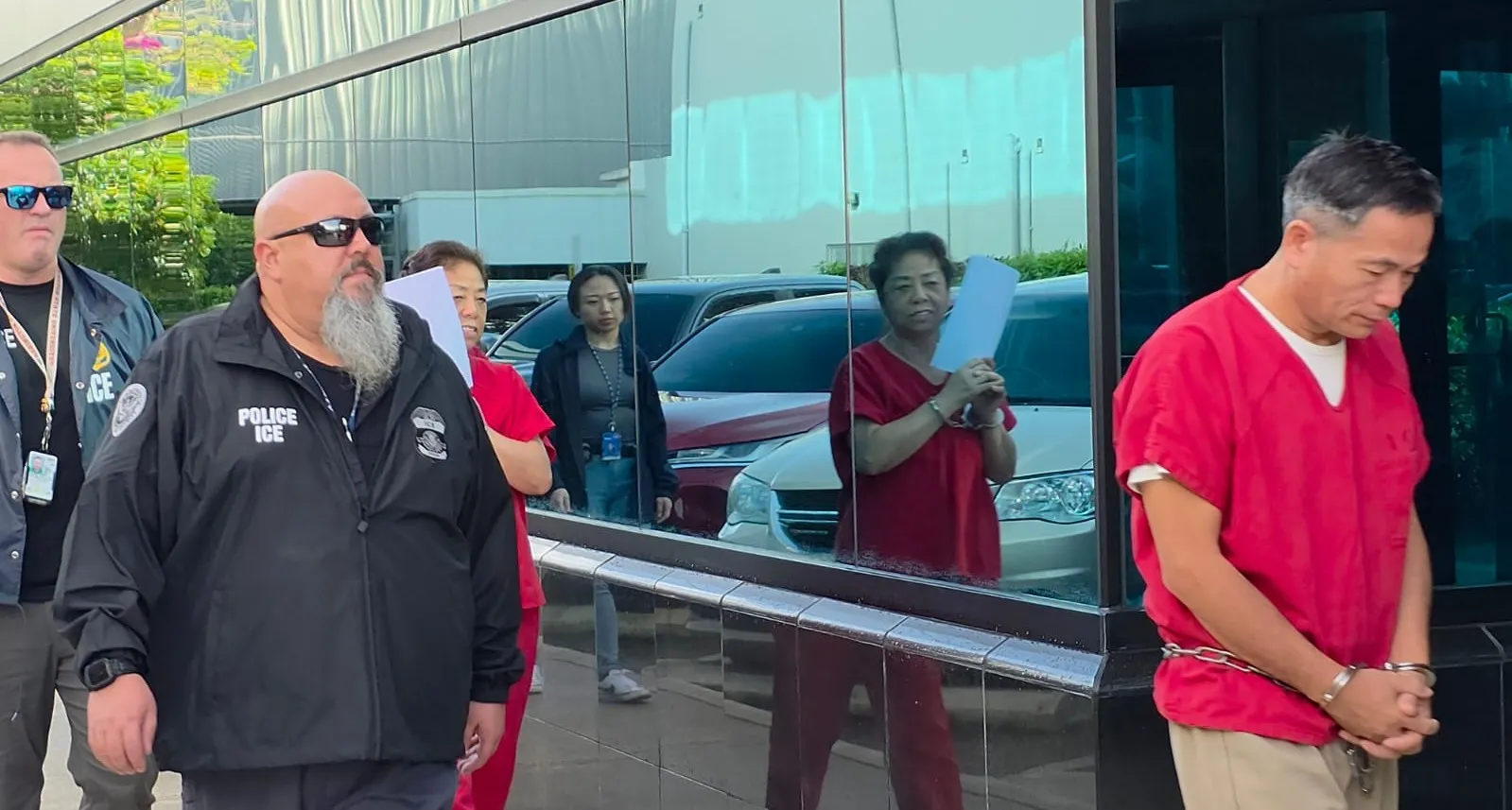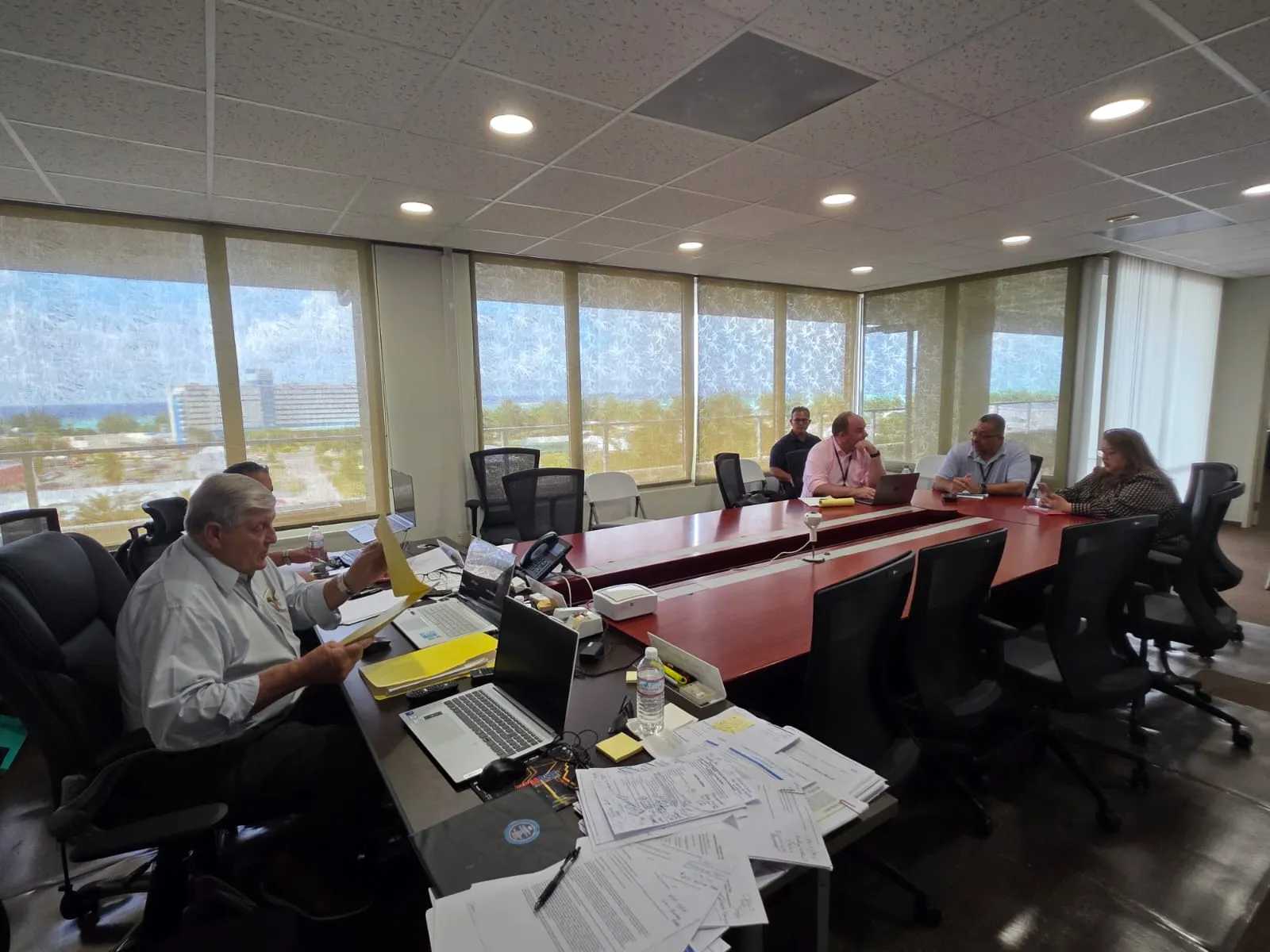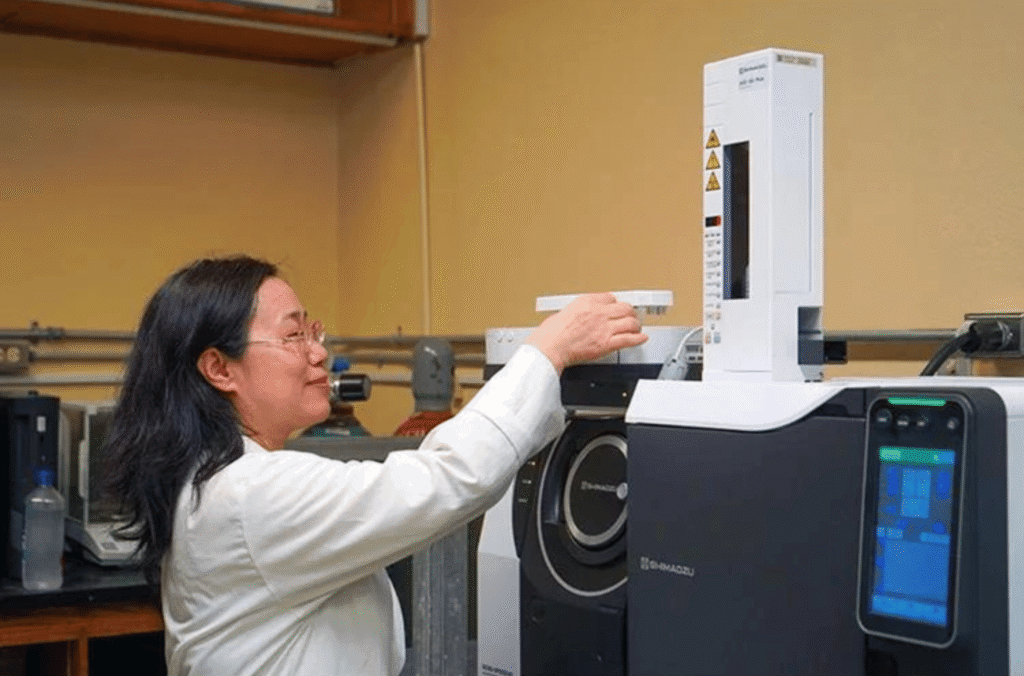HAGÅTÑA (The Guam Daily Post) — It’s a new year, which means a new degree for some student-chemists, as the University of Guam now offers a forensic chemistry track or concentration, the university announced in a press release.
The U.S. Bureau of Labor Statistics indicated that the employment of forensic science technicians is expected to grow by 13% over the course of 10 years, with 2,600 job openings starting next year. The median annual wage is 37%, or about $17,000, higher than other occupations, UOG said in the release.
About 47 UOG students declare chemistry as their major each academic year, according to the university.
The forensic track is expected to bring more students to declare a chemistry major since it is applied chemistry – meaning the track teaches the use of chemistry to solve practical problems, UOG Division of Natural Sciences Chair Maika Vuki, who has a doctorate in chemistry, said in the release.
Declared forensic track majors can expect preparedness for careers as forensic chemists in local or state crime laboratories, UOG said in the release.
Students are required to complete 87 credit hours covering various topics of chemistry, biology, math and physics, as well as law courses and a required internship in a forensic lab.
“They will get to work directly with local forensic experts as well as utilize one of the college’s newest instruments – a gas chromatograph mass spectrometer, or GC-MS, which separates and identifies complex chemical mixtures,” the university said in the release.
The university said UOG’s chemistry graduates can work in Guam crime laboratories, as well as state labs in the U.S. mainland.
“They could also work as analytical chemists, conducting routine chemical analyses in commercial, state or medical laboratories, or as a scientific officer in environmental or medical applications,” UOG said in the release.
For more information, contact Maika Vuki at 671-735-2781 or vukim@triton.uog.edu.

Bulan Wu, associate professor of chemistry, who has a doctorate in organic chemistry, inserts a substance into a gas chromatograph mass spectrometer for separation and identification of its chemical elements.











